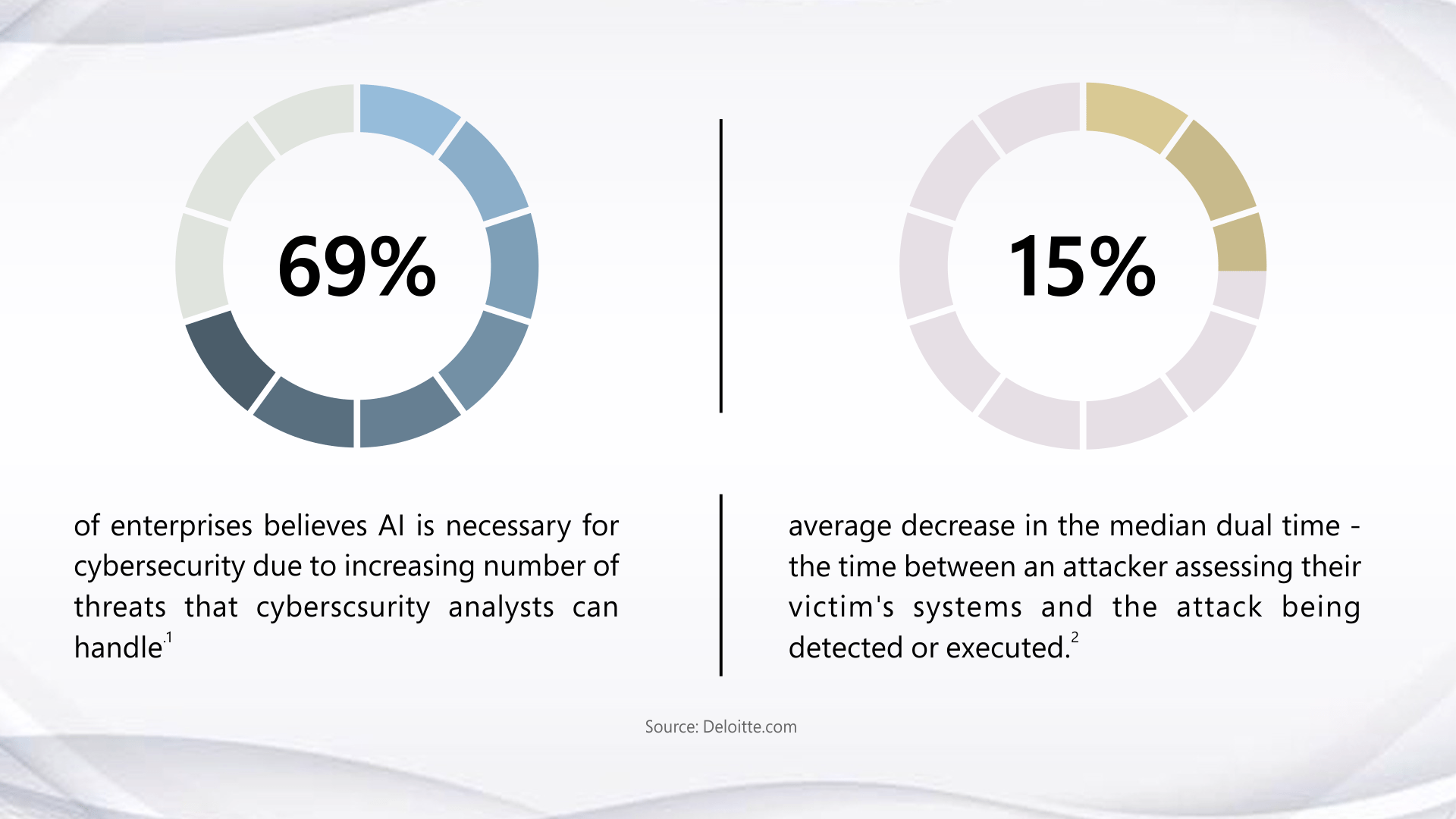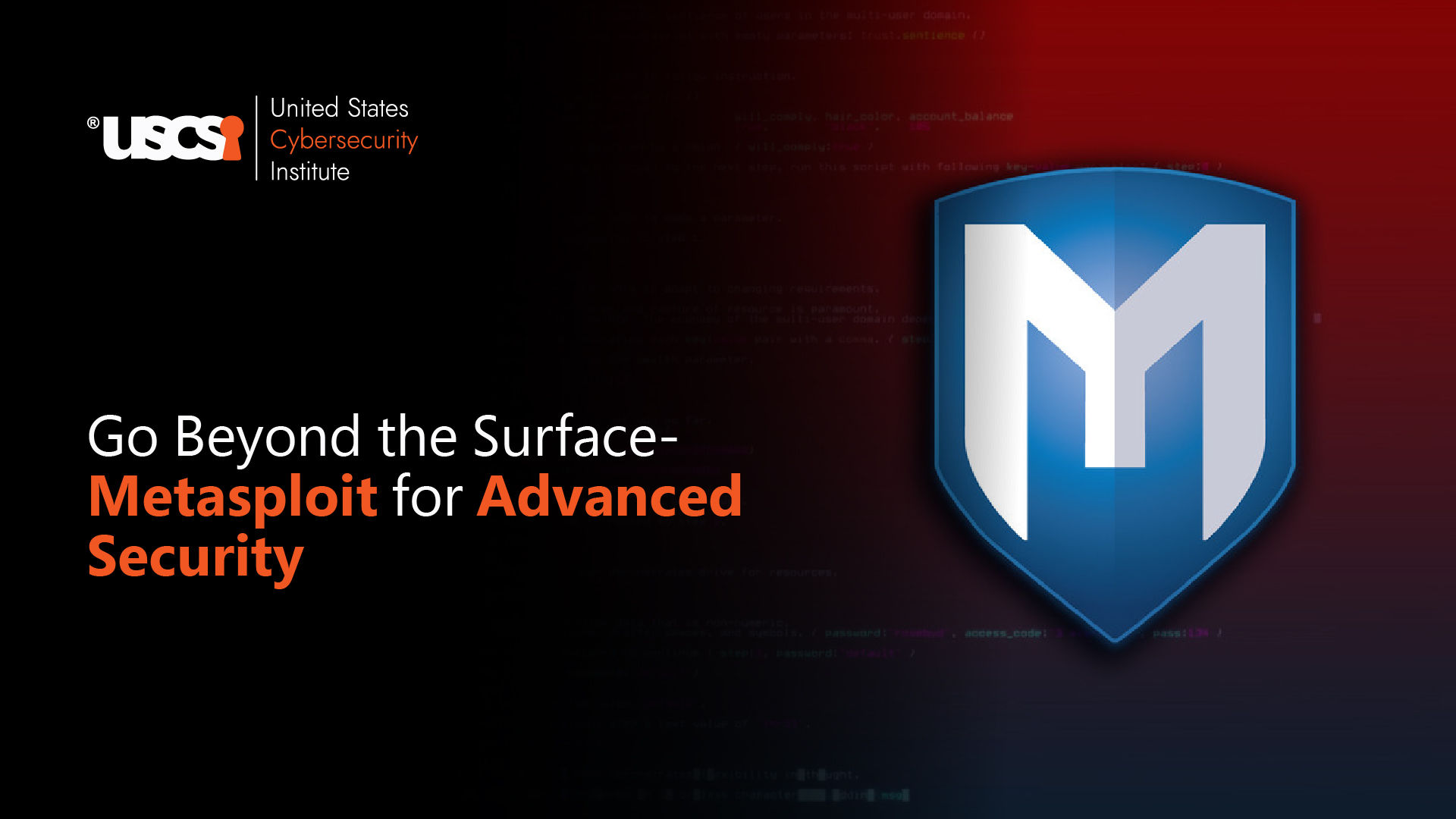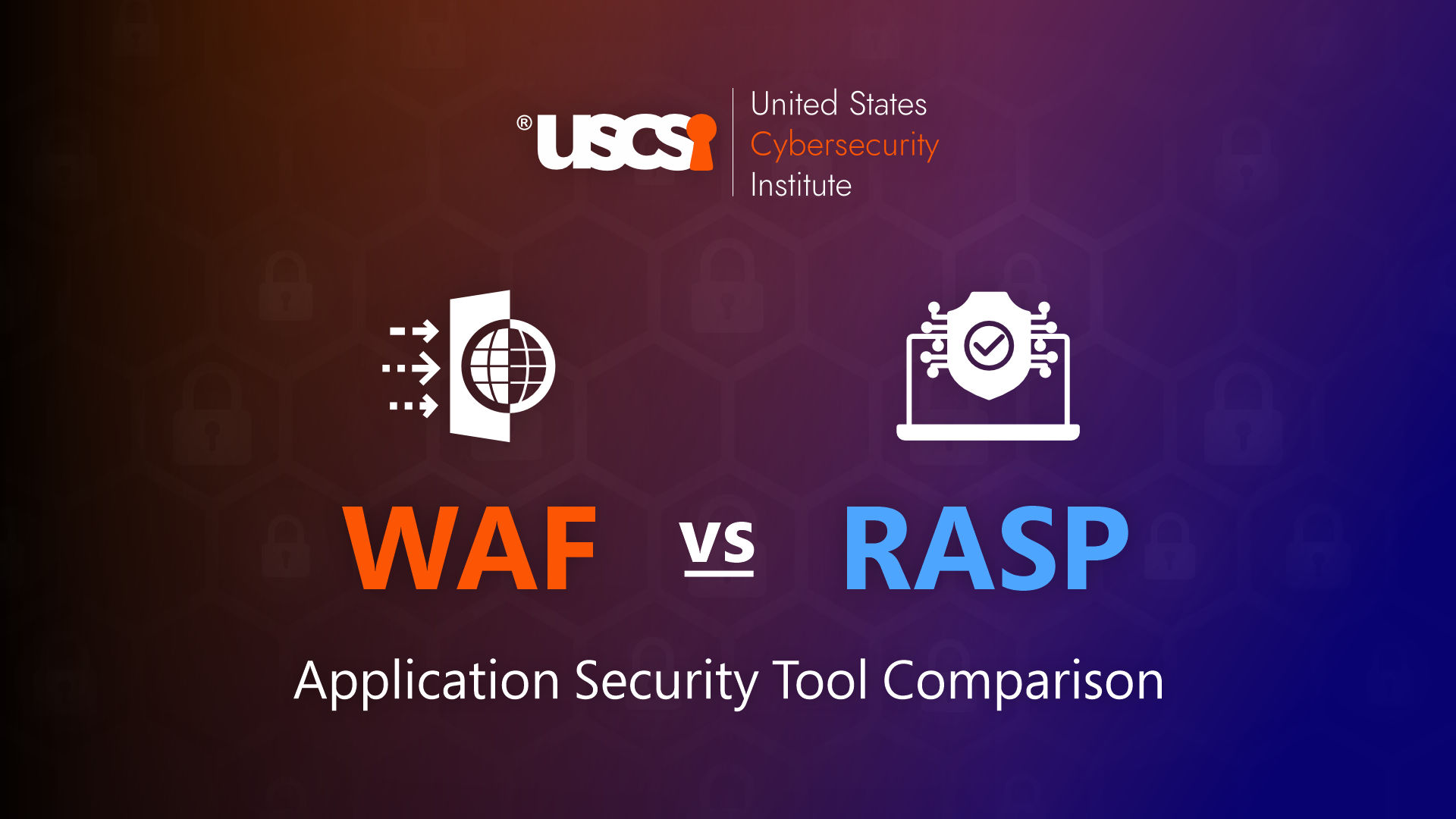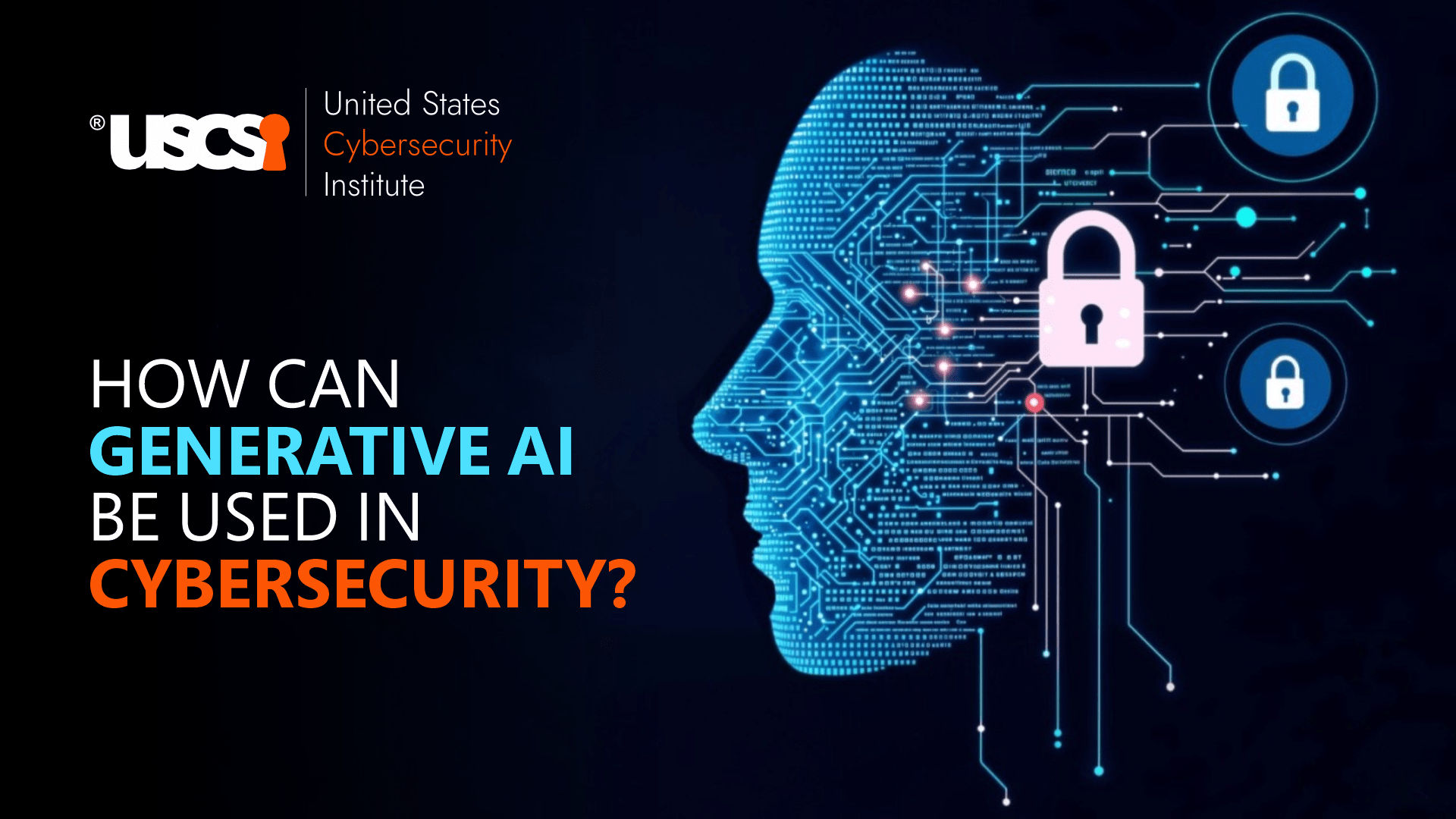

Why is AI in Cybersecurity a Double-Edged Sword in 2024
Cybersecurity is an interesting field of study that demands logic, knowledge, thought, and commitment. It can be applied or research-based; yet, it allows for enough space to embark upon the major technological advances that are shaping the course of global business scenes. The immersion of AI in cybersecurity is the root of any expansive stream of tasks and processes we are witnessing right now.
Securing the virtual spaces for businesses, industries, and individuals; cybersecurity has a bigger role to play as is envisioned. Although, artificial intelligence has made many tasks easier than ever. It has also opened doors to massive malicious infiltration by cyber attackers who are on the lookout for vulnerabilities. This has led to an astounding number of cyber threats being revealed every passing year. AI has been rightly called the double-edged sword for cybersecurity.
Investing in Artificial Intelligence to explore its vast opportunities in cybersecurity is the way ahead. Tech giant Microsoft is reportedly working on a new Windows update with artificial intelligence features; expected to be released as early as 2024. This would make your PCs and smartphones run Generative AI programs as an integral part. Adding to this, with Generative AI becoming mainstream this year; a KPMG survey reveals that 4/5th of firms admitted that they planned to increase their investment in generative AI by over 50% by the mid-2024 (tbsnews.net). The World Economic Forum coins Check Point’s 2023 Mid-year Cybersecurity Report; stating that cybercriminals are harnessing AI to create highly sophisticated social engineering tactics. This makes the ground for understanding AI in cyberspace even stronger. Let us take a dive in and understand what it entails.
Popular AI Capabilities Worldwide 2024:
- Computer scientists have developed AntiFake, a tool to protect voice recordings from unauthorized speech detection.
- A new technique enables an AI agent to be guided by data crowdsourced asynchronously from non-expert human users as it learns to complete a task through reinforcement learning.
- A recent software is capable of deciphering difficult-to-read texts on cuneiform tablets
- New Robotic system assesses mobility after stroke.
- AI engineers have developed a multi-material 3D inkjet printer that uses computer vision to control the amount of material rapidly and automatically being deposited during printing.
Threat Hunting and Artificial Intelligence:
Examining historical data and identifying patterns associated with malicious activities; AI algorithms can easily predict the nature and timing of future attacks. This approach works proactively while allowing cybersecurity professionals to act before the attack takes place. This enables a more robust security infrastructure capable of pre-empting cyber threats.
Democratization of Artificial Intelligence:
AI democratization is the spread of artificial intelligence development to a wider user base that includes those without specialized AI knowledge. This infers making AI systems accessible and making opportunities for AI development easy to approach. It empowers individuals and cybersecurity analysts with the benefits and opportunities of the technology.
Is Cybersecurity Dependent on Artificial Intelligence?
Cybersecurity is highly dependent on Artificial intelligence and AI can analyze large datasets with lightning speed and promises unparalleled protection against cyberattacks. AI in cybersecurity is increasingly relied upon to bolster security; still, there are risks in the process.
Threats of AI-powered Cybersecurity 2024:
- Advanced Phishing attacks- Uses AI to create convincing phishing emails or messages by analyzing and emulating a target individual’s or organization’s writing or behavior patterns
- Adversarial attacks- Capable of deceiving AI-powered security systems by exploiting AI model flaws
- Deepfake attacks- Generates convincing audio or video recordings that can be used to impersonate individuals and deceive targets
- AI-generated malware- Evolves and adapts over time to make traditional signature-based antivirus programs more challenging to identify and combat threats
- Automated exploitation of vulnerabilities- Automates detection and exploitation of software vulnerabilities
- Credential stuffing- Automates combinations to log into accounts without authorization
- Automated botnets- creates and manages large-scale botnets; that can be controlled remotely
AI Outlook in Cybersecurity:
- Bloomberg Intelligence- The metaverse market will reach USD 800 billion mark in 2024
- Cybersecurity Ventures- Cybercrime is predicted to cost the world USD 9.5 trillion in 2024
- Statista- Revenue from the AI software market worldwide is expected to touch the USD 120 billion mark by 2025
- Gartner- 37% of organizations globally have implemented Artificial intelligence in some form
- Servion Global Solutions- 95% of customer interactions will be powered by AI by 2025
With such massively powerful insights being revealed; it is highly evident that Artificial Intelligence is here to stay with a bang and ripple creation in the cybersecurity arena specifically. The year 2024 will bring a serious cyberattack or data breach related to Artificial Intelligence. A surge in the use of generative AI to make phishing lures much harder to detect. Michael DeBolt, Chief Intelligence Officer, Intel 4 7 1 reveals that the advent of cybercrime-as-a-service will emerge as the term for collective goods and services that threat actors supply to each other; will be marked by emphasis on specialization, scale, and efficiency. Adding to the above concern, Elia Zaitsev, CTO of CrowdStrike, expects that threat actors will shift their attention to AI systems as the newest threat vector to target organizations through vulnerabilities.

Final Word:
AI-powered cybersecurity has a guarded impact as well as allows enough room for infiltration. Specialized Cybersecurity analysts and seasoned professionals backed with the core nuances of the cyber world via credible cybersecurity certification programs prove to be highly beneficial for organizations across the globe. Earning the futuristic skill bank to secure cyberspaces is a must if you plan to build a cybersecurity career. The US Bureau of Labor Statistics reveals an 11.1% of companies offer a fully remote work environment; while 27.5% of companies allow for a hybrid work environment. It is essential to put cyber guards for additional data protection with the rise of remote work culture. The time is ripe to make the move into a career stream that is highly rewarding with salaries starting at a comparatively high pedestal as against other professional areas. Ensure you take the plunge with the most trusted cybersecurity certification providers globally!





